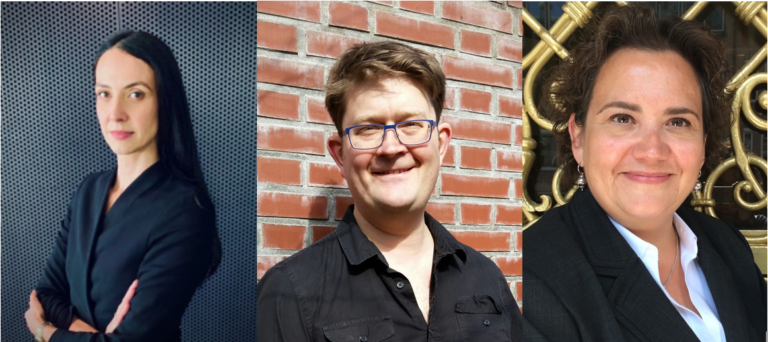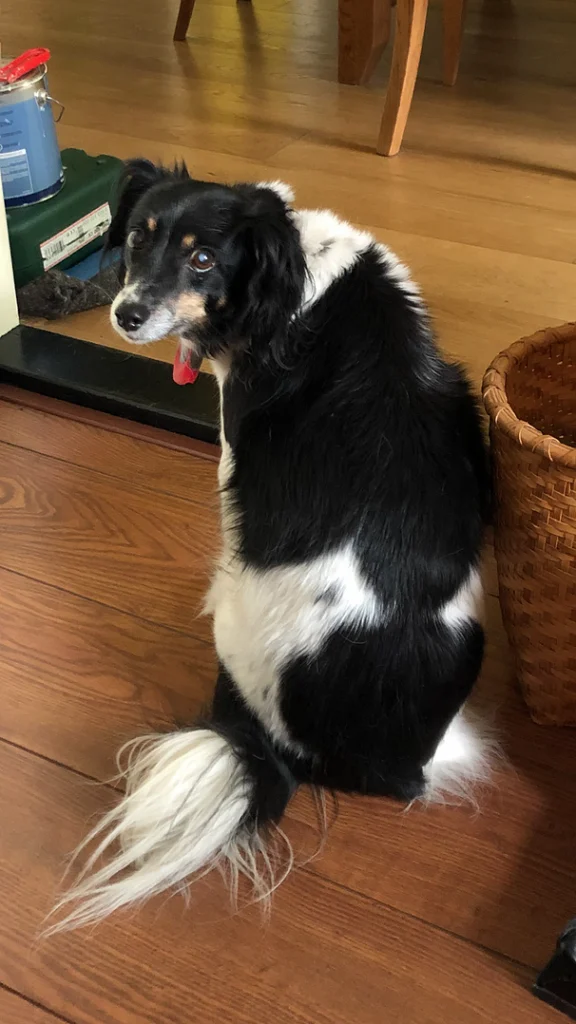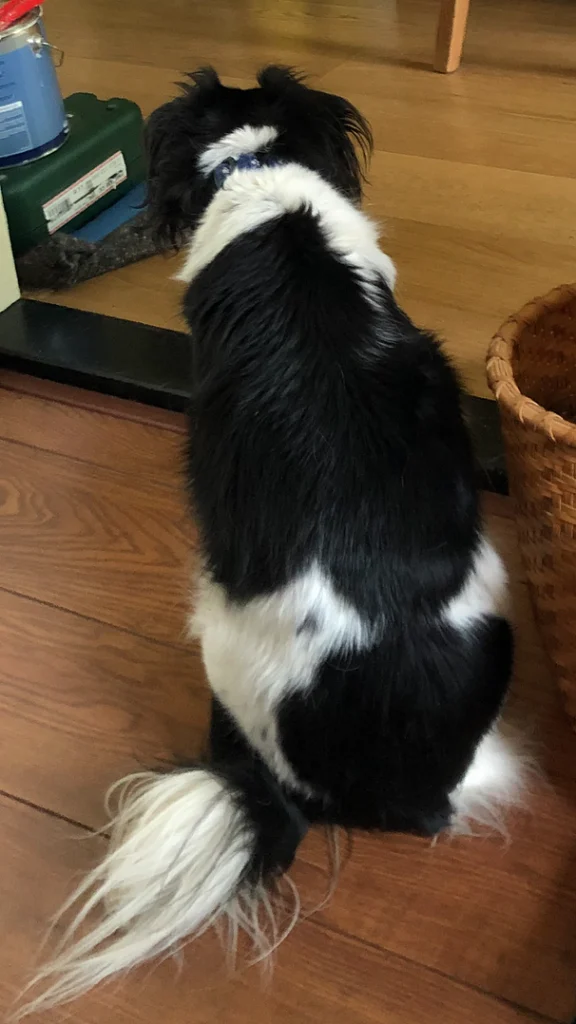Reflections on the effects of lockdown

For us students, the lockdown since March 2020 changed our way of life, and we’ve had to adapt to new ways of learning while sitting behind our laptops in our rooms. Our dear professors have shown a lot of understanding for our difficulties in these exceptional circumstances. Meanwhile, the lockdown has had a great impact on them too and they have had to dramatically change their ways in order to still offer us the best education possible while also managing their personal lives. In their stories, Dr. Schnepf, Dr. Jelfs and Dr. Martinez tell us what the lockdown has meant for them and how they have been affected.
Dr. J.D. Schnepf, Assistant Professor of American Studies, University of Groningen
This is my first year as a faculty member in the department of American Studies at Groningen so teaching in the pandemic is all I have known here. Since moving to the Netherlands, I’ve looked forward to the time when school will be in person again. Nearly a year later, I’m still looking forward to it.
In some ways, I’ve been lucky. I haven’t had to change up my routines or adjust to new ways of doing things. I haven’t had to adapt courses that worked well in person to an online format. I haven’t had the experience of missing the physical classroom environment here since I haven’t taught in one yet: from the start, I taught my classes online and designed them with the exceptional circumstances of the pandemic in mind. The students have adjusted brilliantly, and so—for the most part—online teaching has been a pleasure and a good learning experience for me.
At the same time, it’s fair to say that the past year has felt like living in a constant state of deferral. So much has been postponed and there’s so much I’m still waiting to do. I have yet to learn about the rhythms and routines of the city, the campus, and the department. There are so many people here I have yet to meet in person. I’m eager to move into my office, meet the colleagues down the hall, and have students drop by for office hours. All the innumerable social interactions that can lend texture and variation to the workday are absent and I look forward to their return. I also like being in the classroom where learning can take place through animated conversations and shared discoveries. As we all know, it’s been hard to simulate that experience online and, while I’m eager to have it back, I know that the pandemic will continue to affect how we learn going forward.
Dr. Jelfs, Professor of American Studies, University of Groningen
When the pandemic started to make itself felt in Europe, around February 2020, I happened to be in Rome. Friends and I saw on the television news that there was a cluster of Covid-19 cases in Lombardy, which was far enough away not to induce immediate panic, but close enough to command our attention. Flying back to Amsterdam the following day, I noticed subtle changes: a few more passengers wearing facemasks at Rome airport, a gathering sense of concern. Reading up on what was happening—a curious feature of the pandemic was how swiftly many of us embraced our roles as amateur epidemiologists and public health experts—it became clear where we were headed.
I didn’t have to face the implications of this for my teaching until September 2020, as so much of my teaching takes place in the fall semester, but when I did, I was shocked by how difficult it was to adjust to online teaching. There was this peculiar sense of sensory deprivation. Robbed of eye contact, body language cues, and all the other non-verbal data that I hadn’t even realized I relied upon to communicate with students, I was left feeling sad to the point of embitterment after my first couple of online classes. Things got better as I adapted my teaching to the limits and affordances of Blackboard Collaborate, but what made teaching even more challenging was a changing situation at home. Our young children were in and out of school as conditions altered, and my wife and I were trying, but failing, to supervise their learning too.
Having to cope with the demands of life can feel hard enough at the best of times. It feels harder still when living through a world-historical event, even when you have been fortunate enough, as I have been, to avoid illness or loss directly related to Covid. The second year of the pandemic brought some of this home particularly starkly, as I was faced with the news that my mother did not have very long left to live. She had been sick with cancer for a long time, but her condition had worsened. This was the period in lockdown when I became an expert in navigating the various travel restrictions and testing and quarantine requirements in place in the Netherlands and the United Kingdom, as I began traveling more frequently back and forth to visit my mother before she passed away at the end of April. As your readers will know, this was soon followed by the untimely death of Dr. Messmer in May.
It’s difficult to know what to take away from such tribulations large and small without resorting to cliché, but the thing about a lot of clichés is that they emerge from seeds of what-at-least-seems-like-truth. So, I’ve concluded that there are more important things in life than work and that no one is entirely independent, but instead enmeshed in webs of co-dependency that we often don’t even notice. Very much related to that, I have also been impressed by the ethic of care that seems to proliferate through our American Studies community. Those of us who teach in the program have tried to do what seemed right by our students, and students have responded to these exceptional times with great maturity, understanding, and compassion. Such care for one another—or, at least becoming aware of such care for one another and beginning to act on it—strikes me as an appropriate response not just to this crisis, but whatever else may lie ahead.
Dr. Martinez, Professor of American Studies, University of Groningen
Once a year or so, I make a research trip to the United States. They’re usually quite busy, with a number of stops at archives and conferences in different cities, with a day here and there to visit with friends or take some vacation time. On the last trip, I would spend an intensive evening in Amsterdam with my reading-and-writing partner, before departing for Albuquerque the following morning. After six days of research and visiting with friends and family, I would head back through Houston for a symposium at Texas A&M University followed by a weekend in Austin to see friends. From there to Utah, where I would spend a few days in Bryce Canyon before heading to the University of Utah for some archival research and a quick visit with friends. Finally, six days with my parents in the Chicago area: research during the day, and evenings helping my parents pack up their home of 59 years to move across the country. After flying back to Amsterdam, I’d have a few days before block four would begin. That was the plan for March 12-April 6, 2020. I got as far as Amsterdam before Texas A&M cancelled the symposium and, ten hours before take-off, I cancelled the trip. In hindsight, of course, it was the right decision, but a difficult one at the time given how much planning and money went into it.
Like most people, I have been through a lot of ups and downs during lockdown. I had a hard time getting focused, back in Groningen when I was supposed to be at a symposium, in an archive, or with my family.
Once I started teaching again, I had plenty to keep me busy. I was alone except, of course, for Nikita. She delighted in having me home all the time. As the students saw, however, she did not necessarily enjoy having you all dropping in on-line. There were some things that were a bit easier: that 9:00 Theories of Culture 1 lecture is so hard for me come November and December. I have to get up at 6:00 to take care of Nikita, myself, and be lively and engaging by 9:00. Doing all of that in the dark is very challenging for me. I didn’t miss that.
I did miss getting to meet and know first year students. One of my favorite things about my teaching load in recent years is that I get to see the first-year students their first weeks as students in our program, and again in North and South Americans 2 at the end of the academic year. It’s amazing to see their growth as students over the course of the academic year.
I missed the energy of the classroom, too. Without seeing students much of the time, without seeing their body language, reading confused looks, or seeing who got my jokes, it often felt like I was alone, even during seminars.
The hardest part has been being away from family and friends. I was privileged to be able to return to the United States once or even twice a year prior to the pandemic. It’s been more than two years now, and still a few weeks more before I can safely (well, as safely as is possible these days) travel to see them. Sixteen months ago, I could not have imagined it would take this long to make a trip, and that research would still be months, if not years, away.
I look forward to resuming in-person teaching, and seeing my colleagues and friends more regularly – hopefully yet in 2021.


